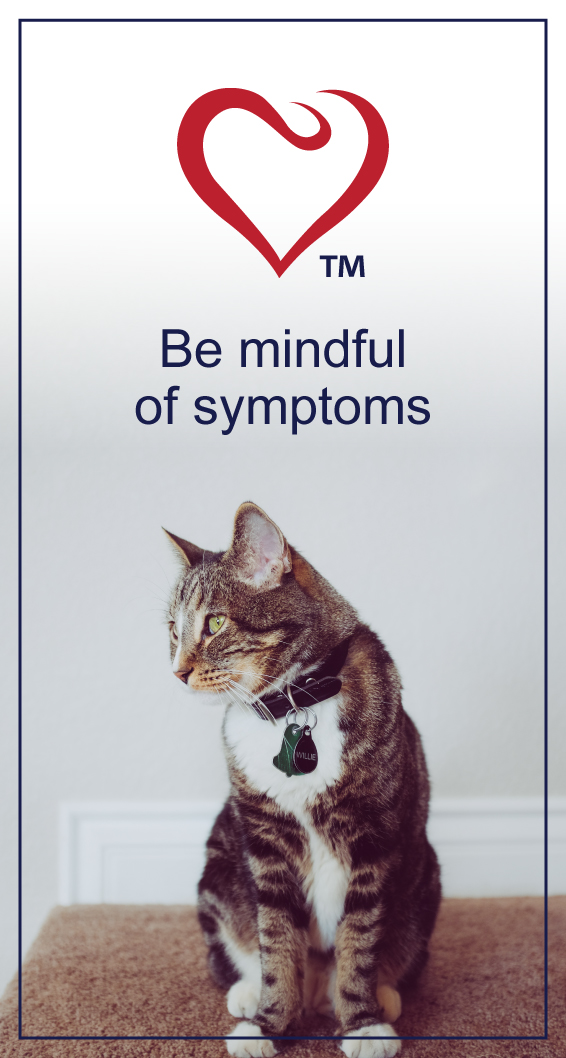HEALTH & WELLNESS

TRENDING

We’re excited and honoured to feature South Africa’s second largest independent animal welfare organisation on PetlifeSA.
Stress In Pets And Digestion

Stress in pets is real and it can seriously affect how they are nourished. Chronic stress could lead to many negative outcomes with malnutrition and digestive disorders high on the list.
Background
All caring pet owners have noticed that their pets’ behaviour can change dramatically for the worse when they’re exposed to certain influences. Sometimes these originate from obvious sources but others can be more mysterious. A common example is your cat or dog’s fear response when confronted with a potential danger. This produces an immediate instinctive reaction that will probably pass as soon as the sensed risk diminishes. Recovery takes much longer when the animal is frequently exposed to the same fear stimulus. This type of behaviour modification could lead to profound character changes. A happy, friendly pooch could become aggressive and a moggy that was outgoing and affectionate could become withdrawn or anxious.
SOURCES OF STRESS
These are the main stress vectors and how they are introduced into your pet’s life.
- Physical –pain, accidents, trauma, over-exertion.
- Biological –viruses, bacteria, parasites, mould.
- Environmental –allergens, noise, other pollutants, heat or cold.
- Psychological – fear, depression, anxiety, trauma.
- Consumable – poorly formulated and highly processed foods, eating too much or too little, thirst.
- Chemical – toxic dusts and fumes, pesticides, herbicides, exposure to heavy metals.
UNDERSTANDING STRESS
Apart from the factors mentioned before, when a pet has to learn a new behaviour, such as dealing with unfamiliar surroundings, people, or animals, different parts of the brain are activated. The problem-solving part of the pet’s brain is the cerebral cortex. Also housed here is the limbic system which regulates a dog’s or cat’s emotional state. Particularly, when a dog is highly aroused, owners will often experience difficulties, such as it not obeying when being restrained. This is often interpreted as disobedience or a dominance display and may elicit an inappropriate response from the carer, thus adding to the problem.
STRESS AND THE HORMONAL SYSTEM
Under these conditions, cortisol, known as the stress hormone, is raised above the normal level and this increases adrenaline production. The consequences can be a weakened immune system which introduces risks of gastrointestinal and skin conditions while the blood pressure goes up, potentially contributing to heart and circulatory problems.
TACKLING STRESS
To help your pet manage stress there are a few steps you should follow to identify the source and deal with the effects. Take note of the circumstances when the pet appears stressed.
- Are there specific environmental factors involved e.g., loud noises or being kept in a small space?
- What physiological aspects play a role e.g., is the pet sick or suffering from some affliction or other?
Knowing what these triggers are will help you and your pet deal with stress when it happens and better still, avoid it as much as possible.
THE EFFECTS OF STRESS ON DIGESTION
Stress impacts on the brain and also the digestive tract due to the large number of nerves connecting them.
A stressed pet’s intestines will experience increased nerve activity. Blood may be withdrawn from the gastric functions toward the muscles, heart, eyes, and ears in preparation for either fight or flight.
This is all due to the urgent messages crisscrossing the sympathetic nervous system, which trigger these and other reactions:
- Pupils are dilated for better vision.
- Saliva is reduced.
- Bronchia in the lungs are opened up for better oxygen distribution.
- Heart rate goes up.
- Functions of the digestive system are restricted.
- The bladder relaxes.
- Cats could wail while dogs may whimper.
Depending on how powerful the external stimulus is, this confusion of signals can lead to vomiting, diarrhoea, and loss of appetite.
Much of your pet’s immune system originates in the intestinal tract. This means that when gastric problems arise because of stress, both their digestion and their body’s ability to ward off viruses and diseases becomes compromised.
Last thoughts
Not all stress is harmful. Good stress can include adventurous exercise, overcoming challenges, e.g., learning new tasks and skills, etc. Remember though that physiologically the same responses arise, so it’s advisable to be aware of how much your pet can comfortably manage.
The advice in this post is provided for informational purposes only and is not professional medical advice. To have your pet’s condition accurately diagnosed kindly see your veterinarian.













